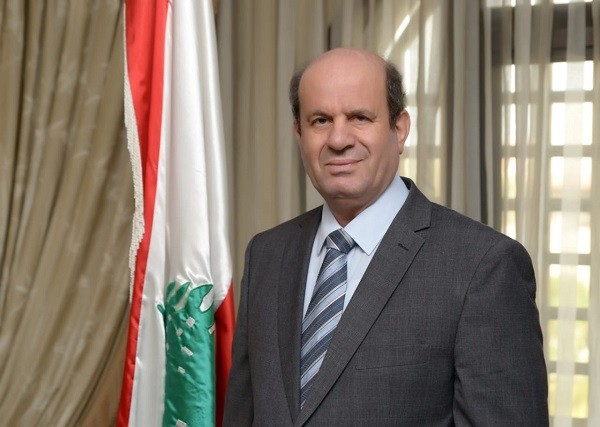We live in a world of growing complexity and diversity in which people face many challenges such as fear of the future, how to survive and flourish within the globalization system and how to confront many major concerns such as the pervasiveness of violence and poverty, the depletion of many raw resources and the emerging infectious diseases.
The question then poses itself, rather by necessity not by choice as to how this world can manage itself so as to cope with these contemporary hazards and threats. This question once posed, raises simultaneously as well, urgent considerations and doubts regarding the duties and roles of leaders – true leaders – and their propensity to propagate and preserve prosperity and peace throughout our world and society.
In this respect, further questions can be raised about the ability or lack thereof of such politicians and men of state to conduct accurate diagnosis and carry through proper decisions in regards to cardinal issues in order to produce and implement the needed collective and corrective remedies.
A true leader serves the people and not him or herself, and is energized, motivated, driven by the people’s greater good and eminence and not by his own.
A true leader has to love his people more than himself or his position, and is compelled to strive for their greater good and betterment, and create thus, opportunities for all to progress and prosper… work tenaciously and tirelessly for the cure of all great miseries, malaises and maladies as eloquently echoes once by Thomas Carlyle, a famous Scottish historian when he said: “work is the grand cure for all the maladies and miseries that ever beset mankind.”
A true leader is the one whose ultimate goal is freeing his citizens from the binds of hopelessness and fear living in their own country.
It is a fact, in truth, that every leader holds the reigns of some measurable power, and power in and of itself is a commodity or medium that is inherently inclined to corruption, and highly tempting in nature, if not corruptive itself. It has been established in fact, as noted by History over and over again, every holder of power tends to abuse his or her power at one point or another, as remarked by the renowned French philosopher Montesquieu in this regard.
For this reason mainly, as well perhaps a few others, all leaders are invited to be reflective, restrained and wise. But in this respect, what does wisdom mean?
We surely do not have to re-invent the dictionary to answer this very important question – and I say this candidly and most humbly. Let me share with you a quick story in this respect.
A few thousand years ago, King Solomon while praying chose to ask God for the wisdom to justly extend his rule over the Hebrew people, and God in His infinite sagacity and partiality toward justice granted him just that. In those days, and perhaps maybe even now, many philosophers advocated that true wisdom is inseparable from and indeed synonymous with justice, and justice is indeed I believe, the capacity, the sagacity – the possession of enough mental and spiritual insight and discernment – to be able to distinguish between God and Evil and also between Right and Wrong.
This strand or particular variety of wisdom is not easy to acquire, for it requires the building of a rather prolonged and highly pre-considered process of healthy backgrounds, knowledges and true and tried experiences.
In other words, it is moderation in the sense of avoiding excesses and extremes. Wisdom is also I believe the sense of sacrificing. In this respect, we humans ought to realize and resign to the memorable notion that says: leaders consider and count – great leaders are considered and “measured not by the number of people who serve them, but the number of people they serve” as John C. Maxwell. The American writer eloquently recounted in this regard.
Blessed is the governor who perceives the scope of his limits managing to keep his love of his people and country as animated and fresh as his love for his family and himself.
Wise is the leader able to live up to the needs of his people, before they rise up in revolt to his office or himself.
Jean Makaron Ph.D
Former Ambassador of Lebanon to Kuwait
Special to The Times Kuwait

















